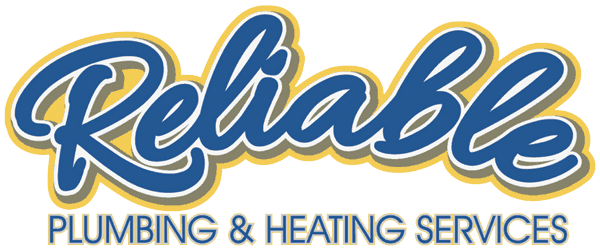Winter can be a beautiful time of year, with snow-covered landscapes and cozy nights by the fire. But it can also bring some not-so-pleasant surprises for your plumbing. As the temperature drops, your pipes and plumbing system can be at risk for various issues. In this article, we’ll explore the ways winter can affect your plumbing and how to prevent and address these problems.
Winter Plumbing Problems
Frozen Pipes

To prevent frozen pipes, make sure to insulate any exposed pipes in your home, especially those in unheated areas like basements, attics, and crawl spaces. You can use pipe insulation or even wrap them in towels or blankets. It’s also a good idea to keep your home at a consistent temperature, even when you’re away, to prevent pipes from freezing.
If you do experience frozen pipes, it’s important to act quickly. You can try using a hairdryer or space heater to thaw the pipes but be sure to never use an open flame. If the pipes have already burst, turn off your water supply and call a plumber immediately.
Sump Pump Failure
Sump pumps are essential for keeping your basement or crawl space dry during the winter months. They work by pumping out excess water that accumulates due to melting snow or heavy rain. However, if your sump pump fails, you could be left with a flooded basement or crawl space.
To prevent sump pump failure, make sure to have it inspected and serviced regularly. You should also have a backup sump pump in case of power outages or mechanical failures. It’s also a good idea to have a battery backup system in case of power outages.
If your sump pump does fail, it’s important to address the issue as soon as possible. Call a plumber to repair or replace the pump and clean up any water damage.
Burst Water Heater

To prevent a burst water heater, make sure to have it inspected and serviced regularly. You should also keep an eye out for any signs of wear and tear, such as rust or leaks. If you notice any issues, call a plumber to address them before they become bigger problems.
How to Prepare Your Plumbing for Winter
Insulate Exposed Pipes
As mentioned earlier, insulating exposed pipes is crucial for preventing frozen pipes. You can use pipe insulation or even wrap them in towels or blankets. It’s also a good idea to insulate any outdoor faucets or spigots to prevent them from freezing.
Keep Your Home Warm
Keeping your home at a consistent temperature, even when you’re away, can help prevent frozen pipes and other winter plumbing problems. You can also open cabinet doors under sinks to allow warm air to circulate the pipes.
Have Your Sump Pump Inspected
Having your sump pump inspected and serviced before winter can help prevent sump pump failure. A plumber can check for any issues and make sure it’s in good working condition.
Drain Outdoor Faucets and Sprinkler Systems
Before the temperature drops below freezing, make sure to drain any outdoor faucets and sprinkler systems. This will prevent water from freezing and potentially causing damage.
Have Your Water Heater Inspected
Having your water heater inspected and serviced before winter can help prevent a burst water heater. A plumber can check for any issues and make sure it’s in good working condition.
What to Do If You Experience Winter Plumbing Problems
Frozen Pipes
If you experience frozen pipes, it’s important to act quickly. You can try using a hairdryer or space heater to thaw the pipes but be sure to never use an open flame. If the pipes have already burst, turn off your water supply and call a plumber immediately.
Sump Pump Failure
If your sump pump fails, it’s important to address the issue as soon as possible. Call a plumber to repair or replace the pump and clean up any water damage.
Burst Water Heater
If your water heater bursts, turn off your water supply and call a plumber immediately. They can repair or replace the water heater and address any water damage.
Winter can bring some challenges for your plumbing, but with the right preparation and maintenance, you can prevent and address these issues. Make sure to insulate exposed pipes, keep your home warm, and have your plumbing system inspected before winter. And if you do experience any winter plumbing problems, don’t hesitate to call Reliable Plumbing for help. By taking these steps, you can ensure your plumbing stays in good working condition all winter long.
